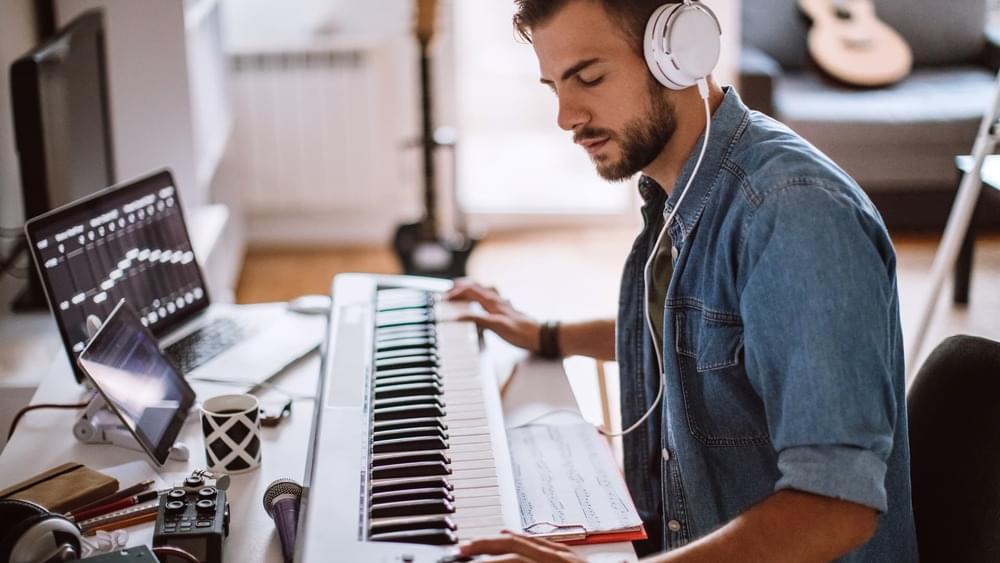More details about it will be revealed at CES 2024.
LG is going to start selling a compact bipedal robot that can roll around your house freely.
LG is going to start selling a compact bipedal robot that can roll around your house freely. The AI-powered robot, which will debut at CES 2024 in Las Vegas, has a wide range of capabilities — from notifying you that you left the AC on while you’re away to watching your pet while you’re at work. Like stationary smart home aids, like Alexa or Apple HomePod, LG’s robot can also tell you the weather and remind you to take your medications on time.
The robot is powered by Qualcomm’s Robotics RB5 Platform, which entails a mix of hardware and software that run the bot’s AI program. Some of these include its ability to recognize faces and voices, process the emotions of those around it and engage in conversation. LG says the bot will be able to greet you at your door, analyze your emotions and play music to either boost your good mood or lull you to sleep. It can even “emote” by changing its posture thanks to its articulated leg joints. Although it’s a cute feature, it might not have any practical use beyond making it approachable.
The robot is also equipped with a camera in its face, a speaker and various sensors throughout that give it the ability to navigate, speak and listen. It can also measure indoor air quality and temperature, however, it’s unclear if it can actually be linked to a smart home system and control your thermostat. LG has not yet responded to comment on this and said the price of the robot will be announced at a later time.




